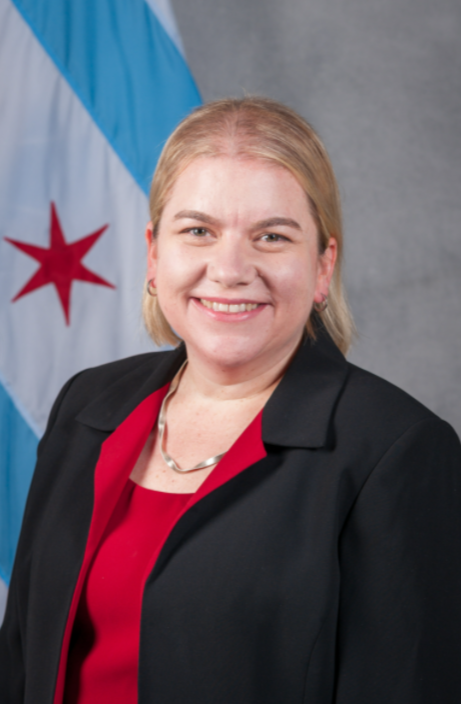 Illinois has taken notable steps in recent years to help address the rising mental health crisis, experts said during a panel last week.
Illinois has taken notable steps in recent years to help address the rising mental health crisis, experts said during a panel last week.
Chicago Department of Public Health Commissioner Dr. Allison Arwady said at a luncheon hosted by the City Club of Chicago that they pinpointed behavioral health as an issue to address several years ago. The city is on track to serve 60,000 residents at its clinics this year, compared to roughly 3,600 in 2019.
She noted the city launched a program in 2019 that provides free nurse visits to all Chicago families with newborns, with the goal of addressing the health needs of all individuals. That service has also acted as an access point for residents to mental health services.
“I am incredibly proud that while all this has been going on, we're making real measurable progress,” Arwady said.
Colleen Cicchetti, executive director for the Center of Childhood Resilience at Ann & Robert H. Lurie Children's Hospital, said efforts must also focus on helping youth with mental health challenges.
She said that about 70 percent of children who ever talk to a mental health professional only do so at their school. While the education system plays an important role in addressing the issue, she said partnering with leaders in the community is also crucial.
“Who are the adults that are going to help them to thrive, to build on their strengths to hold them up and give them what they need to be successful — but also to know when they need more help to break down stigma through relationships and to connect kids to services?” Cicchetti said.
The hospital has partnered with local and state leaders for the expansion throughout Illinois of a program to promote mental health services in schools.
More details can be found at Health News Illinois>
###
